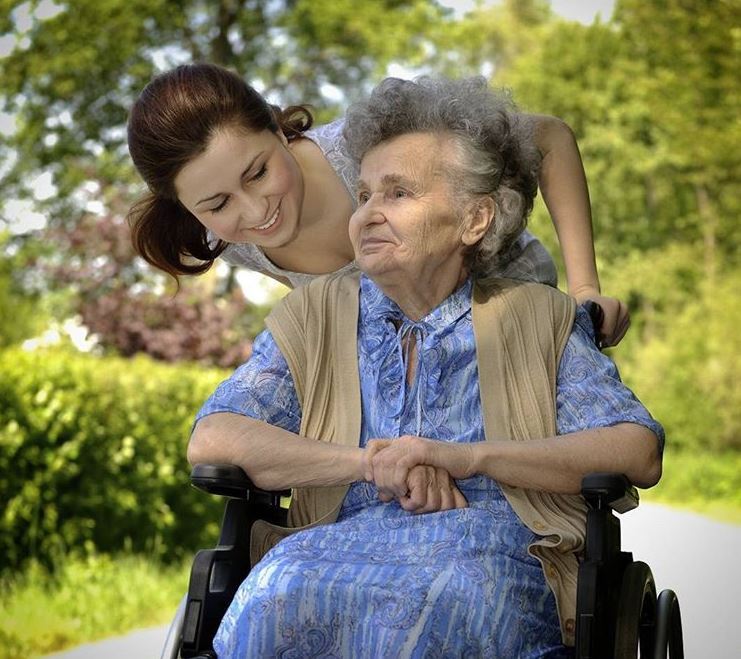
There are times when a patient requires medical care, but doesn’t want to leave the comfort of their home. For these patient, an option called home care and home healthcare is available. While home health care represents a range of medical services, home care refers to non-medical services. In short, home healthcare is a service that allows patients with special needs to stay in their homes. The advent of portable technology has made home healthcare more viable than ever. Home care recipients tend to be patients recovering from surgery, the disabled, patients of chronic illness, or simply aging individuals. Patients of home healthcare may find that being able to enjoy the comforts of one’s own home contributes to a faster recovery than inpatient hospitalization.
Home healthcare comes with the benefit of giving a patient independence from a facility schedule, giving them the opportunity to recover at their own pace.
Home healthcare services can entail:
- Rehabilitation services
- Physical therapy
- Skilled nursing
- Caring for wounds
- Pain management
- Prescription management
- Illness monitoring
In contrast to home healthcare, home care services are non-medical services provided to enhance the recipients sense of dignity and quality of life.
Home care services include:
- Meal preparation and delivery
- Homemaking, such as cleaning, laundry, and yard work
- Assistance with ADLs or activities of daily living, such as bathing, toileting, getting dressed, etc
- Orienting memory-care patients with Alzheimer’s or dementia
- Medication reminders
- Running errands.
- Companionship and friendship
WellPath Partners is your senior resource referral guide. Follow us on ALL social media platforms and join us weekly for more content and public health discussions.
By: Prithvi Chauhan
BA Business Marketing, Portland State University
